What is Soil Science?Soil is the extremely thin but precious skin covering our planet that sustains all terrestrial life forms and contributes nutrients and filters contaminants to aquatic environments. Soil Science focuses on the importance of soils as a very slowly renewable natural resource. It involves the study of the properties and processes that occur in soils, as well as the sustainable use and management of soils for the benefit of mankind. Soil Science is an indispensable field of study for sustainable food production into the future.
The Department of Soil Science at Stellenbosch University, teaches and conducts research in all the major sub-disciplines of Soil Science, which include soil formation and classification (Pedology), soil chemistry and fertility, soil physics and water management, and soil biology and ecology. Undergraduate students are equipped with fundamental scientific knowledge of soils, but also practical experience. This includes learning how to classify soils in the field and compile a land suitability survey; how to sample soils and determine soil chemical and physical properties in the field and laboratory; and how to interpret the results of the analysis and write up scientific reports. Postgraduate students are mentored to be able to formulate and conduct experiments, analyze and interpret data, and write-up research for publication in peer-reviewed publications.
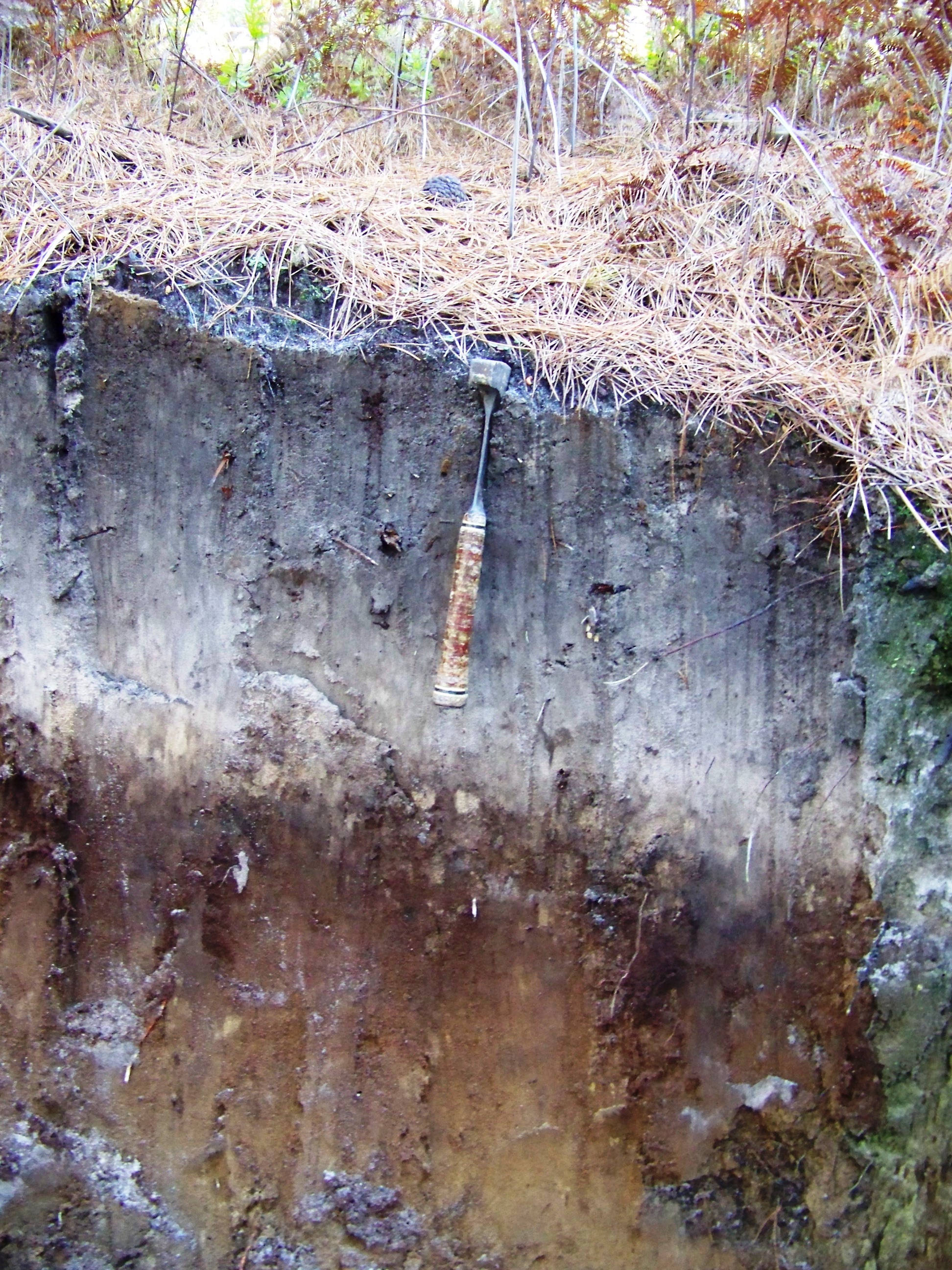 | 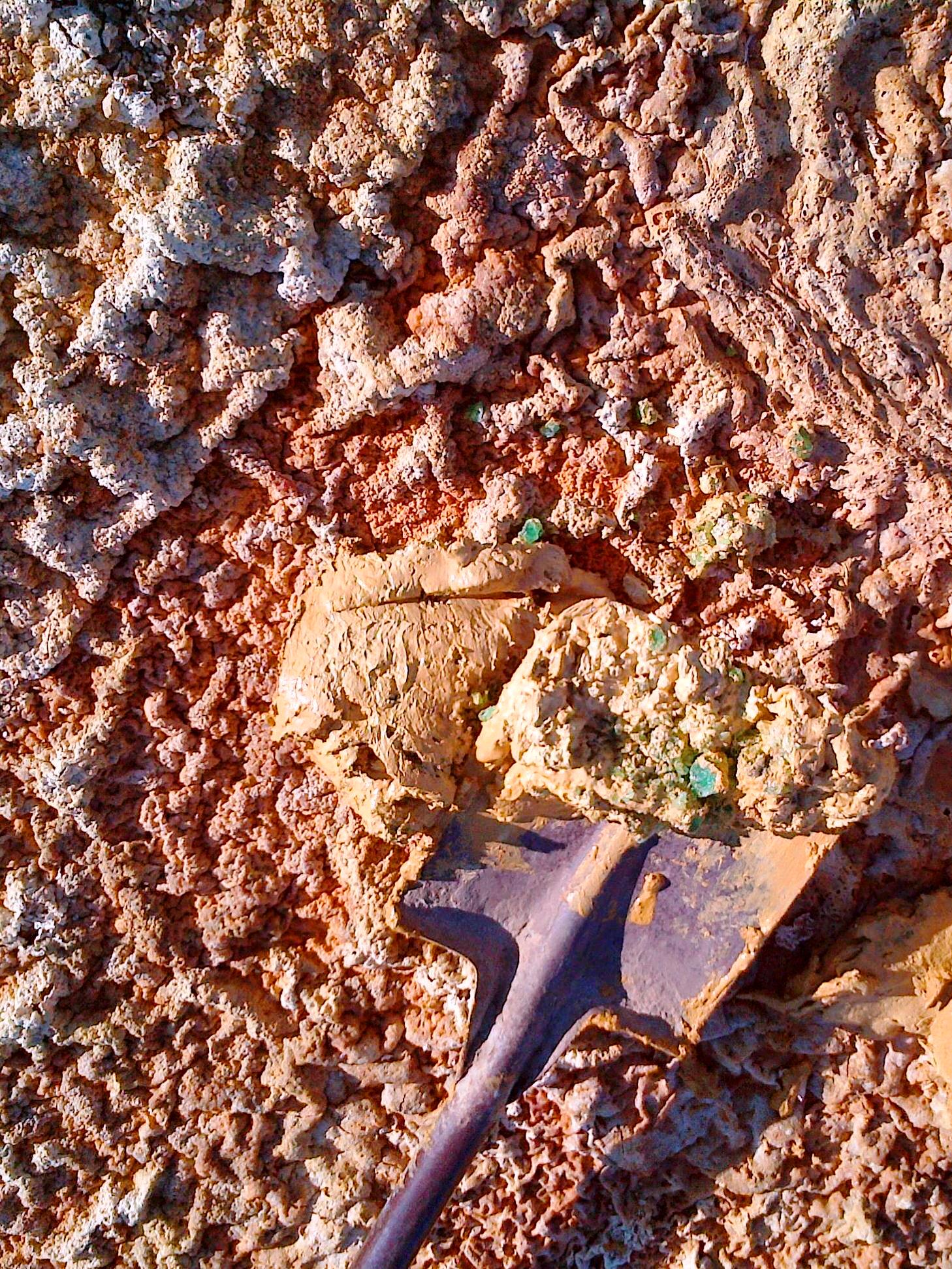 | 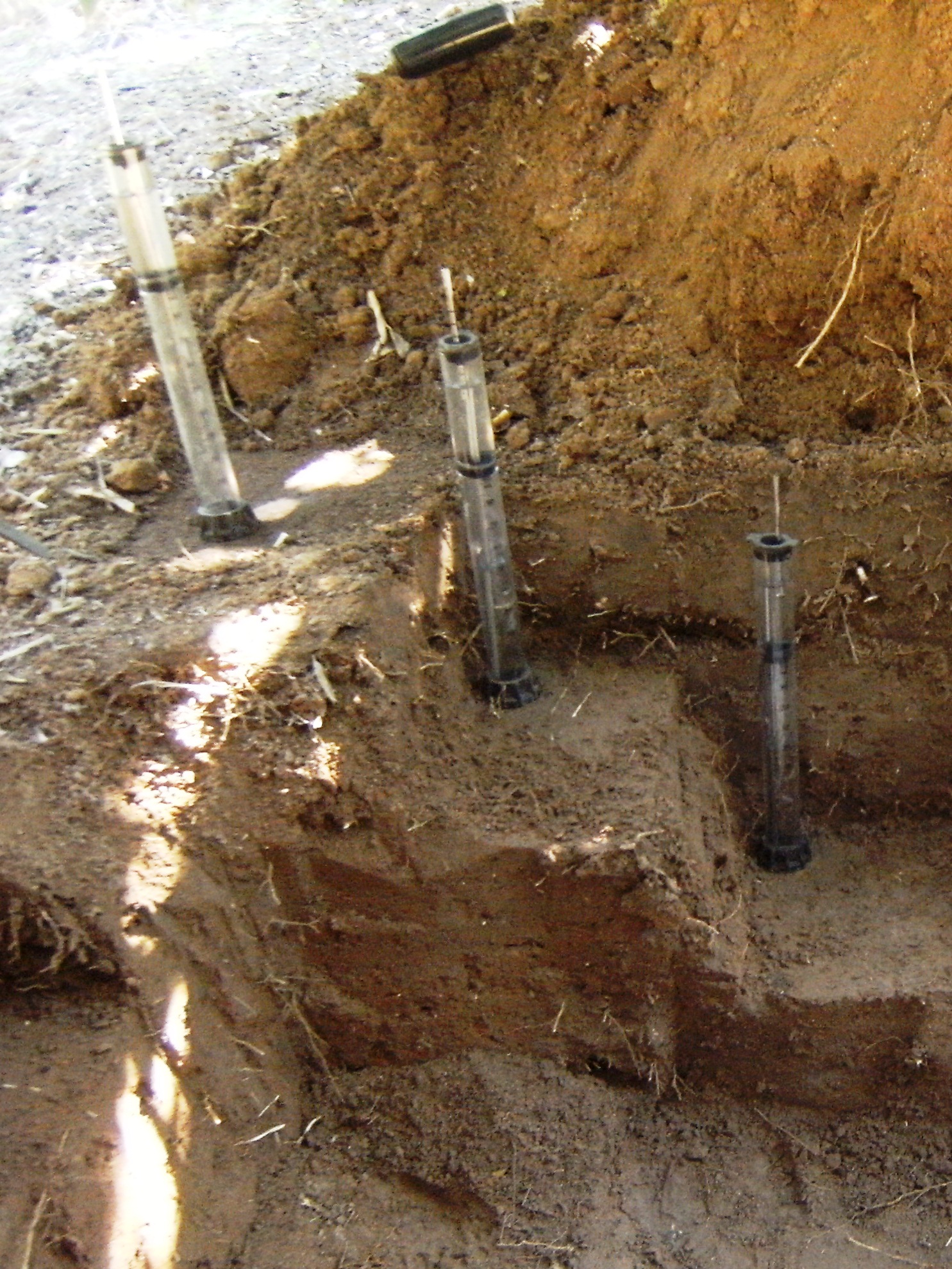 |
Pedology:
Study of the genesis, morphology, classification and geographical distribution of soils | Soil Chemistry:
Study of the chemical composition, properties and reactions of soils | Soil Physics:
Study of the state (liquid, solid, gas) and movement of matter and fluxes and transformations of energy in soils |
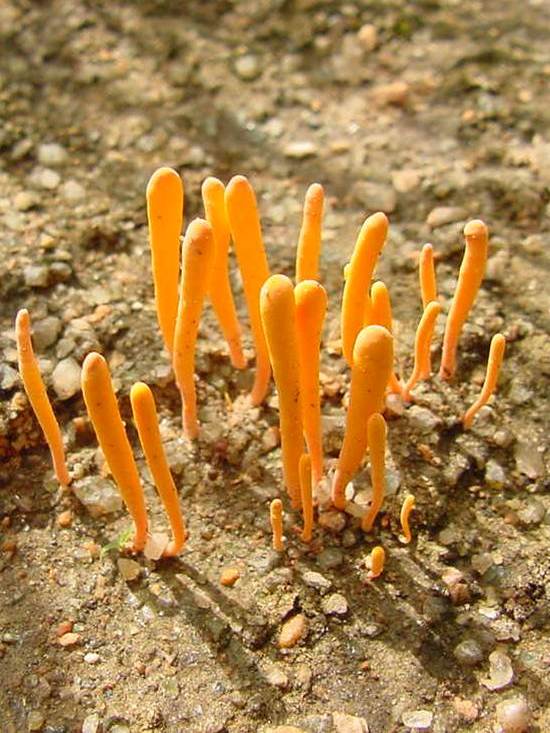 | 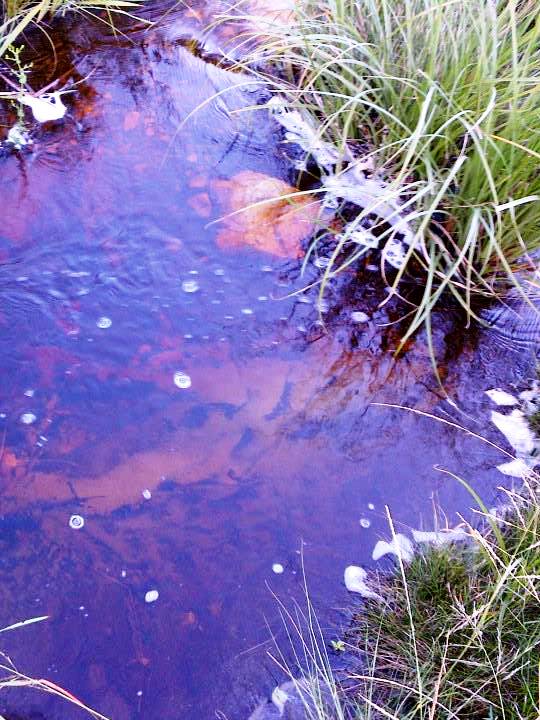 | 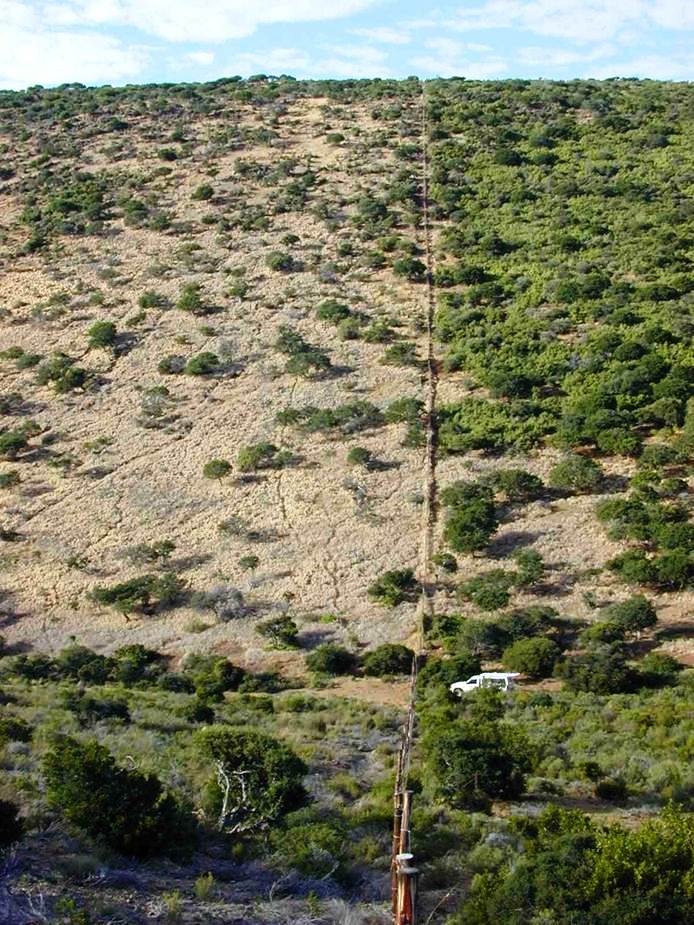 |
Soil Biology:
Study of living organisms inhabiting soils and their functions and activities | Soil Hydrology:
Study of the occurrence, distribution and movement of water over, through and under the land surface | Soil Ecology:
Study of the interrelations between organisms and soils |

